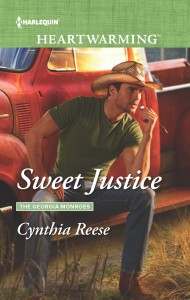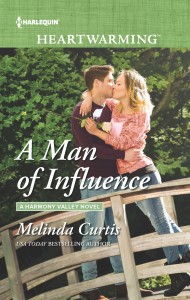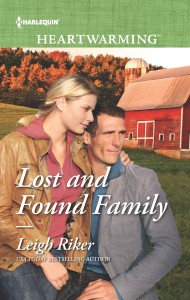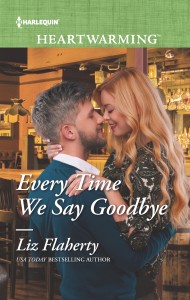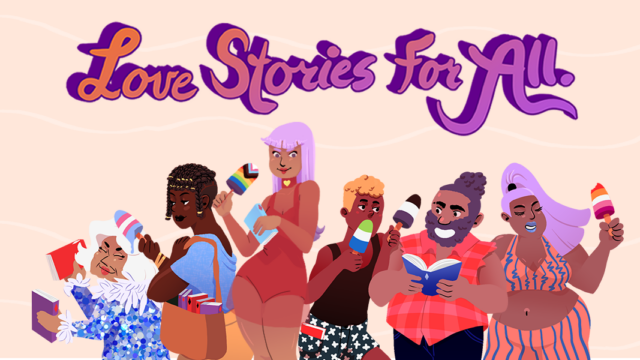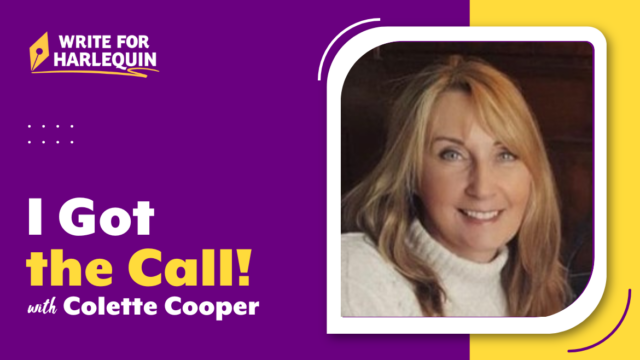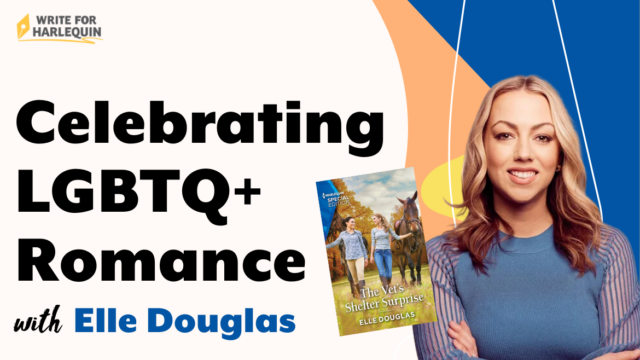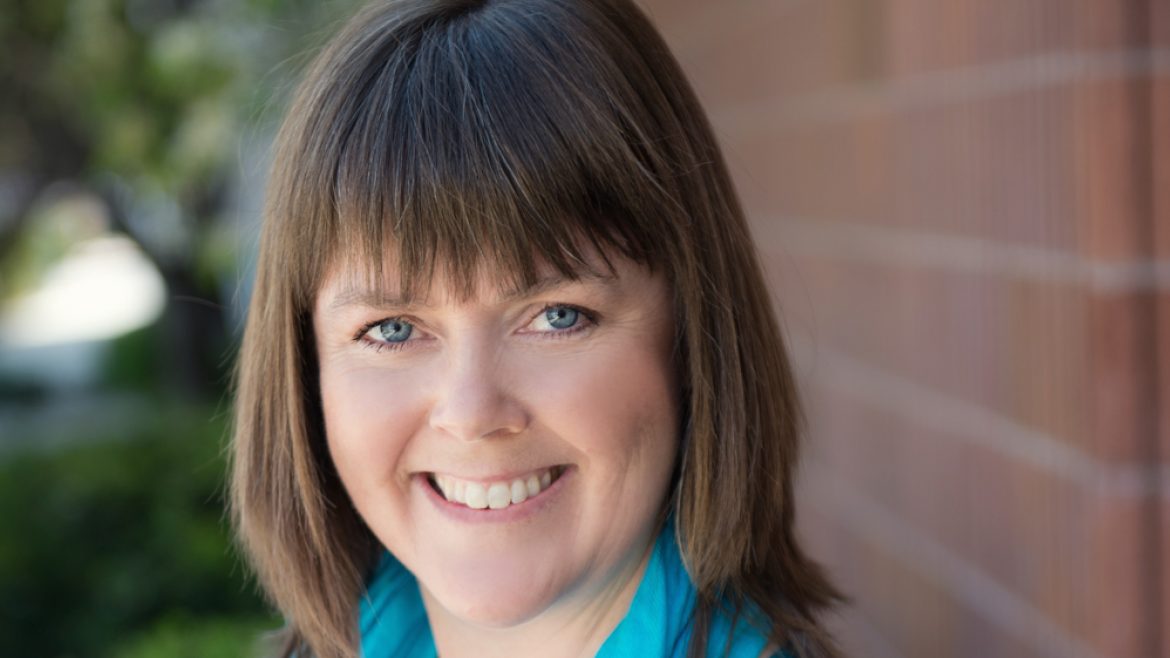
By Victoria Curran
I think it’s pretty clear that readers are divided on the strength of the writing in Fifty Shades of Grey by E. L. James. But I get why it became one of the bestselling romances of all time. It’s got everything to do with the high stakes: In choosing love, the heroine risks death at the hands of a man who has warned her he will hurt her, and she has no idea how far he’ll carry that threat. Life and death—the highest stakes. So how do you create that same level of stakes in a romance that has nothing to do with the threat of death? You don’t write suspense, thrillers or edgy erotica, so now what?
The highest stakes, according to guru Robert McKee in his insightful book Story: by choosing love the hero and heroine stand to lose that one thing they want more than life itself.
Maybe you’re writing about an engaged heroine preparing to marry and a struggling artist seeking new opportunities…and your name is James Cameron and you’re calling your story Titanic. This is a film McKee likes to refer to in his three-day intensive workshop on storytelling (which I highly recommend to all writers and editors).
Titanic is a great example of high stakes romance.
Titanic is a great example of high stakes romance. Not because of an imminent iceberg collision threatening death (external obstacle), but because the heroine believes she is one kind of person (a kept woman) and to give up the person she believes herself to be is a form of dying. So she struggles against falling in love and becoming the person the hero draws out of her. Metaphorical death is just as threatening—can be more so, in fact—as that looming iceberg.
The answer to raising the stakes is almost always in the existing backstory. What is that one thing the hero/heroine wants more than life itself before he/she meets the heroine/hero?
Love needs to come at a high cost.
Love needs to come at a high cost. And will that cost be too high? Readers will have to read to the end to find out. This is why I question authors who choose to write characters who are actively seeking love through dating. The motive of those characters is usually to find love; that’s why we date. If that’s the goal, before they meet the other lead character, what do they risk losing in choosing love? Where is the tension between want and need? I can usually tell what the hero and heroine have to gain in choosing love. It’s much less often I see a strong obstacle to love that takes the entire book to get past.
And that’s generally when the villain steps in to mess with the hero and heroine, providing the tension and stakes. That’s traditional storytelling. But contemporary romance readers want the tension and stakes to come from between the hero and heroine as much as from the external plotting.
Choices made when nothing is at risk mean little.
I can’t resist quoting McKee: “Pressure is essential. Choices made when nothing is at risk mean little. If a character chooses to tell the truth in a situation where telling a lie would gain him nothing, the choice is trivial, the moment expresses nothing. But if the same character insists on telling the truth when a lie would save his life, then we sense that honesty is at the core of his nature.”
Here’s a note I gave an author in the past: You’ve successfully created a fallen hero who needs to redeem himself in his own eyes, and a widowed heroine, who lives for her son. The challenge is that as soon as they meet, the hero is instantly attracted to the heroine and she (while resisting slightly at first) is quickly attracted to him and how he rides to her rescue—and we don’t see the complex strongly motivated characters trying to get what they originally wanted. Now they just want love. Predictable journey to happy ending?
The same rules of romance storytelling apply whether you’re writing clean or sexy books. Above all, readers want their happy ending, but they want to wonder how the hero and heroine will ever get there—and each chapter should raise the stakes and tension and make that happy ending seem more impossible so that readers can’t put the book down, they have to turn the pages. And that’s what all of us want!
Ready to submit? Click here!

